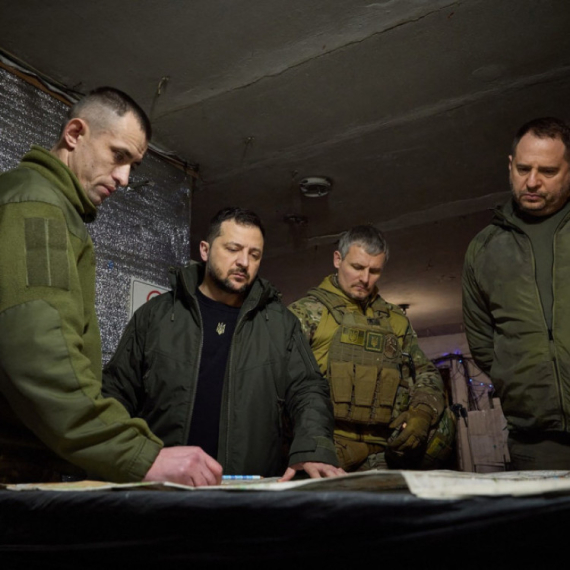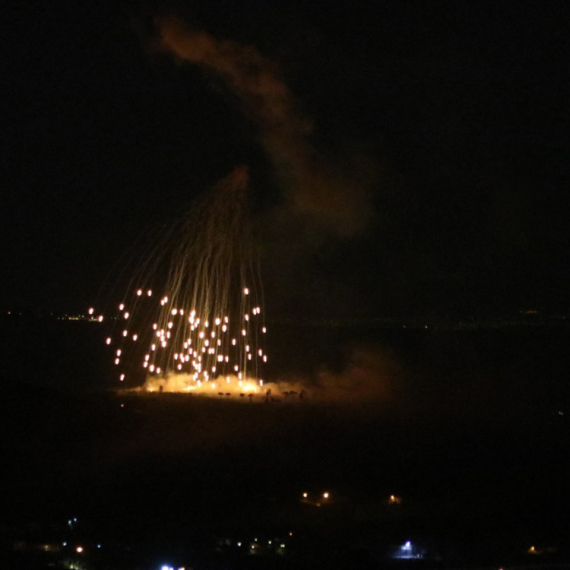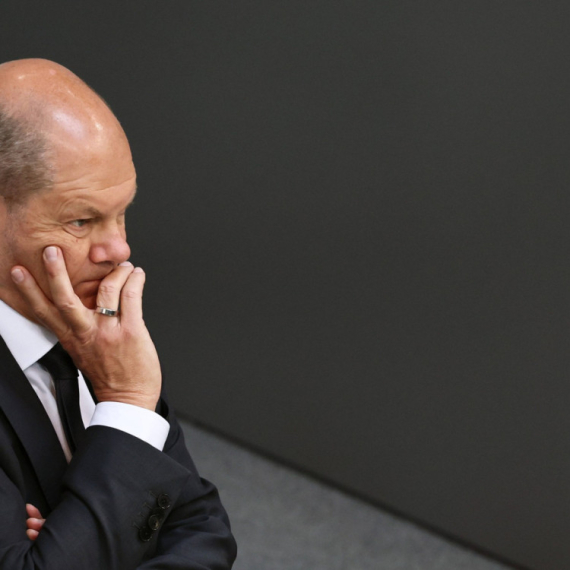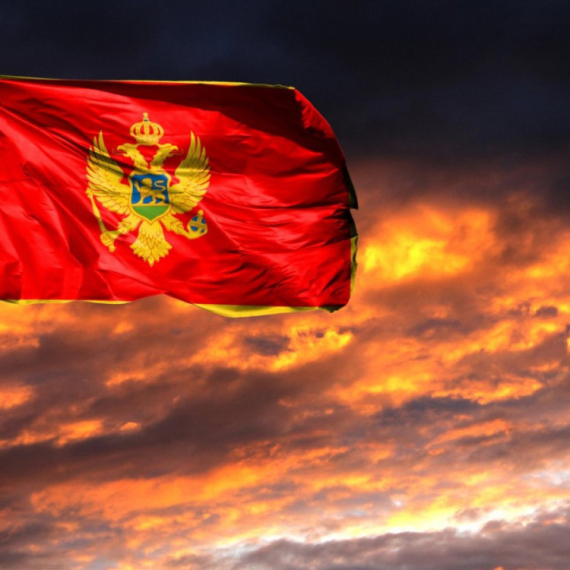Bravery medal for rescuing Serb children from death camps
Diana Budisavljević was posthumously awarded a state medal in Serbia for rescuing some 12,000 Serb children from Jasenovac during WW2.
Thursday, 24.10.2013.
10:17

BELGRADE Diana Budisavljevic was posthumously awarded a state medal in Serbia for rescuing some 12,000 Serb children from Jasenovac during WW2. Jasenovac was one of the death camps operated by the fascist WW2 Independent State of Croatia (NHD), and a place of mass murder of Serbs, Romas, and Jews. Bravery medal for rescuing Serb children from death camps The order to award Budisavljevic the Milos Obilic Medal for Bravery was signed by the president of the republic. The medal was presented on Wednesday in Belgrade to Budisavljevic’s great-grandson Leonard Rasica by Chairman of the the Decorations Committee and presidential adviser Oliver Antic. He said that Diana Budisavljevic deserved the decoration for her heroic rescue of 12,000 children from the NDH Ustasha camps during the 1942-45 period. She “not only saved the Serb children from certain death, but also helped them preserve their own religion, identity and origin,” Antic said. Rasica said that the posthumous medal was important not only because Diana deserved it, but also because the world should know about her humane act which should serve as an inspiration to people. He pointed out that the heroism of his great-grandmother was first recognized by Serbia and that she was posthumously decorated by the Serbian Orthodox Church and the Serb Republic (RS) entity in Bosnia, adding that he expects Austria, the country of her origin, to follow their example. Diana Budisavljevic was born in Innsbruck in 1897. She married a Serb man and lived in Zagreb, and thanks to her Austrian origin, managed to reach the Ustasha government, asking them repeatedly to let her enter death camps they had set up for children, and when she was allowed to do so, took the children out, rescuing them from certain death. She would then hand the children over to Croatian families to avoid them being taken back to the camps, but on the condition that they were returned to their Serb families after the war, which was possible because she kept a diary and files containing data, photos and other relevant documents about the children. According to a book by Dragoje Lukic, "Bili su samo deca" (They Were Only Children), a total of 19,432 children aged from one month to 14 years old were murdered in the notorious Jasenovac concentration camp in the 1941-45 period. The vast majority of them were Serb children, and most of the others were Roma and Jews. The number of children who passed through the collective centers and the Ustasha death camps totals about 33,000. The war brought about a total of 74,762 children deaths. Of these, 60,234 were murdered and only 14,528 were registered as victims of war. Leonardo Rasica and Oliver Antic (Tanjug) Tanjug
Bravery medal for rescuing Serb children from death camps
The order to award Budisavljević the Miloš Obilić Medal for Bravery was signed by the president of the republic.The medal was presented on Wednesday in Belgrade to Budisavljević’s great-grandson Leonard Rašica by Chairman of the the Decorations Committee and presidential adviser Oliver Antić.
He said that Diana Budisavljević deserved the decoration for her heroic rescue of 12,000 children from the NDH Ustasha camps during the 1942-45 period.
She “not only saved the Serb children from certain death, but also helped them preserve their own religion, identity and origin,” Antić said.
Rašica said that the posthumous medal was important not only because Diana deserved it, but also because the world should know about her humane act which should serve as an inspiration to people.
He pointed out that the heroism of his great-grandmother was first recognized by Serbia and that she was posthumously decorated by the Serbian Orthodox Church and the Serb Republic (RS) entity in Bosnia, adding that he expects Austria, the country of her origin, to follow their example.
Diana Budisavljević was born in Innsbruck in 1897. She married a Serb man and lived in Zagreb, and thanks to her Austrian origin, managed to reach the Ustasha government, asking them repeatedly to let her enter death camps they had set up for children, and when she was allowed to do so, took the children out, rescuing them from certain death.
She would then hand the children over to Croatian families to avoid them being taken back to the camps, but on the condition that they were returned to their Serb families after the war, which was possible because she kept a diary and files containing data, photos and other relevant documents about the children.
According to a book by Dragoje Lukić, "Bili su samo deca" (They Were Only Children), a total of 19,432 children aged from one month to 14 years old were murdered in the notorious Jasenovac concentration camp in the 1941-45 period. The vast majority of them were Serb children, and most of the others were Roma and Jews.
The number of children who passed through the collective centers and the Ustasha death camps totals about 33,000. The war brought about a total of 74,762 children deaths. Of these, 60,234 were murdered and only 14,528 were registered as victims of war.




























































Komentari 16
Pogledaj komentare